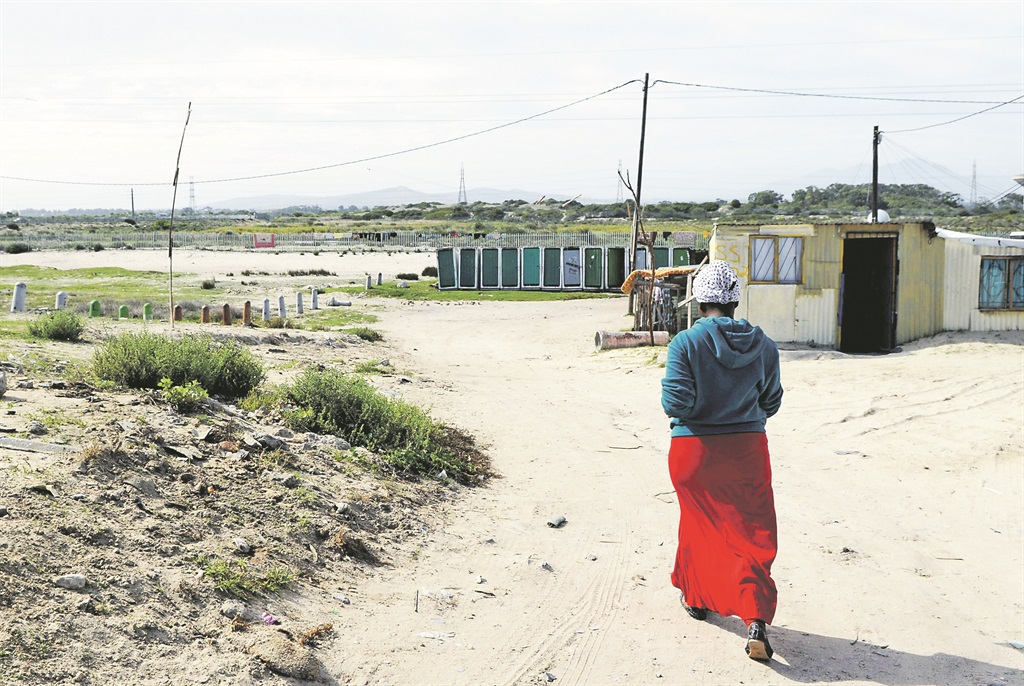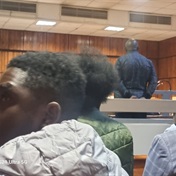
The nature of public toilets, the distances people travel to communal toilets and the use of alternatives to toilets, including the bush, put women and children particularly at risk of sexual assault.
A Johannesburg-based rape surveillance project at the University of SA identified public toilets as a possible site for attack.
“Public toilets are dangerous for women ... They are occupied by a woman at some point and they are enclosed.
“This is not an argument for the abolition of toilet cubicles, but it may be one for increasing security around them,” said gender violence expert Lisa Vetten in a report in 2000 titled Geography and Sexual Violence: Mapping Rape in Johannesburg.
- Brigadier Zithulele Dladla, Khayelitsha’s station commander at the time, told the Khayelitsha Commission of Inquiry that the use of communal toilets made people vulnerable to crime. And, according to the commission’s 2014 report, residents raised the issue of sexual assault on women who used fields or the bush to relieve themselves.
- In 1998, the police’s Crime Information Analysis Centre studied the dockets of 538 rape cases that had been reported in 1996 in Gauteng. It found that 27% of these rapes happened in open spaces.
- A survey of 1 800 Khayelitsha residents, commissioned by the Khayelitsha Commission of Inquiry, found that one in three residents (32.7%) felt safe using communal services during the day.
When asked about the use of these services at night, the proportion dropped to one in five (18.9%).
- Among the reasons for the occurrence of rape, given by 492 Khayelitsha residents participating in a Rape Crisis survey in December 2015, was the use of “dangerous facilities”. This included treating the bush as a toilet.
- Close to one in five households (19.5%) countrywide identified the use of communal toilets as a threat to their physical safety in the six months before Stats SA’s 2014 General Household Survey.
Khayelitsha’s SST section
The City of Cape Town said it provided locks and keys to families who shared a toilet. But “in many cases, these were either stolen or removed”, said Ernest Sonnenberg, a mayoral committee member for utility services.
He said the city would provide a portable flush toilet for any family that requested one.
“Public lighting is provided in communities as much as possible,” he said.
But “rampant cable theft and vandalism – largely the responsibility of the SA Police Service (SAPS)” – made this challenging.
Sonnenberg said the city was not able to provide more safety measures on its own, “as we simply do not have the resources to be at all the thousands of toilets all the time”.
He said this was so for any municipality in the country.
Asked if the police had taken action to ensure safety in SST after Sinoxolo Mafevuka’s death, police spokesperson Lieutenant Colonel Andrè Traut said: “The SAPS is responsible for policing, as stipulated in section 205 of the Constitution, and providing safety and security for the community, irrespective of whether it is in a formal or informal environment.”
Have you been a victim of crime, intimidation or violence while using a communal toilet?
Talk to us
SMS us on 35697 using the keyword TOILET and tell us your story. Please include your name and province. SMSes cost R1.50




 Publications
Publications
 Partners
Partners








